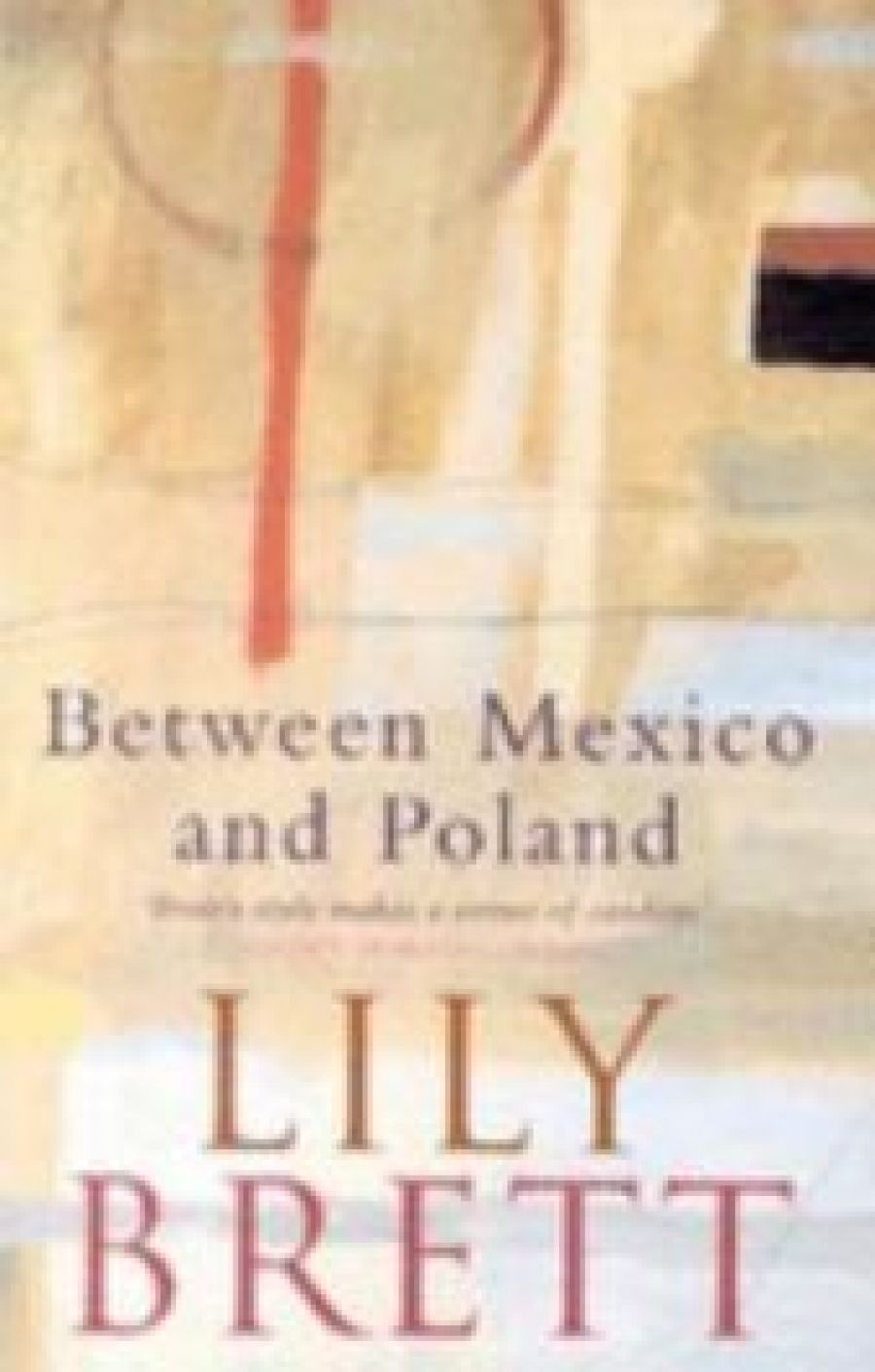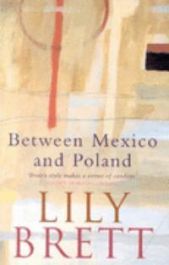
- Free Article: No
- Contents Category: Biography
- Review Article: Yes
- Article Title: Bigponds of Memory
- Online Only: No
- Custom Highlight Text:
Lily Brett a beguiler. Little by little, she draws you into her world until you become as fascinated by it as she is. In this series of recollections of such places as Mexico, New York and Poland, she intertwines past and present to become our guide in a kind of travelogue of the soul. She does not just observe, but processes and filters everything through a dramatic persona.
Brett moved to New York from Melbourne more than a decade ago, and has produced several books since then. Her reputation as a writer has continued to deepen as she has become the voice of the children of Holocaust survivors. Beginning with her first novel, Things Could Be Worse (1990), she has explored and explained the profound effect Hitler’s murder of six million Jews has had not only on its survivors, but also on their descendants.
- Book 1 Title: Between Mexico and Poland
- Book 1 Biblio: Picador, $30 pb, 442 pp
- Book 1 Cover Small (400 x 600):

- Book 1 Cover (800 x 1200):

Then Brett raises the stakes. She returns to her burnt-out New York apartment, the result of rental to careless tenants. A lifetime of memorabilia and photographs were destroyed, a devastating experience singed by inherited memories from parents who had gone through the torment of Auschwitz and Birkenau’s death camps. You begin to question your irritation with her responses to Mexico and decide that her quirks and neuroses are tied to this deeper past. Perhaps her obsessions with health, running and low-fat everything have more to do with inherited insecurities than with typical American middle-class preoccupations with diet and fitness. Her phobias seem to have sprung from the terror to which Holocaust survivors were subjected: ‘I knew from the time I was a child, that it was possible to inhabit a world that was not your world, but was part of you. I knew that it was possible to be inextricably linked to a world that existed before you were born.’
The chapter on September 11 echoes the horror of past devastation. At a New York dinner party, a guest blames Israel’s attitude to the Palestinians for the destruction of the World Trade Centre. Brett is shaken by the ignorance and prejudice of this simplistic analysis of the situation, and objects as a child of Holocaust survivors. Her whole being is steeped in this identity and sensitised to every kind of suffering and hurt because it is all related to the suffering inflicted on her own family.
Brett’s experiences of September 11 are no different. When someone says he can smell the odour of human flesh after the fall of the Twin Towers, she recalls: ‘I can smell the fire, again, when I shower in the morning. It is not a faint smell. It is quite strong. I can’t work. I can’t go back to my novel. I can’t write. I can’t concentrate ... All my life I have been haunted by the thought of the smell of bodies burning. Of burning flesh. I’ve written about the smell of my mother’s mother’s bones burning in Auschwitz. I have read about the smell caused by the bodies burning, I have thought about the smell.’
Her compact sentences fall with heavy impact, underlining the significance of events around her. The chapter on Poland flows naturally from September 11. It ties in with Brett’s need to keep returning to Auschwitz and Birkenau, a need that can strike during the happiest moments. She weaves sections about writing her last novel that dealt with her returning to Poland with her father. It allows the reader a glimpse into the creative process:
The last time I was here [in Poland], I was here in the abstract. I made the trip in the pages of the book Too Many Men. I wanted to write a love story. The story of a love between father and daughter. In the middle of this love story I wanted to write the life story of someone who had played a major role in the Nazi party ... So I chose Rudolph Höss, who was the commandant of Auschwitz for three years ... I wanted to draw a fully rounded portrait of an ordinary man. I wanted to make it harder for people to decide that inhuman acts are carried out by monsters. I wanted people to know that inhuman acts are carried out by ordinary human beings. If we decide that it is monsters who do monstrous things we are doomed to keep repeating ourselves.
This gut-wrenching trip to Auschwitz and Birkenau ends in a new creative journey for the writer: to keep on reminding the world that the weight of the Holocaust on Jews will not subside, that each generation will inherit the burden.
From Mexico to Poland, more than 400 pages long, flows smoothly, peppered with Brett’s humour. Her interchanges with her father in Melbourne are not only touching, but often highly amusing. At the age of eighty, he learns to communicate with his daughter in New York via email: one night he calls her in panic that a Mr Bigpond from the computer company has been sending him messages, which he wants Brett to answer on his behalf.


Comments powered by CComment